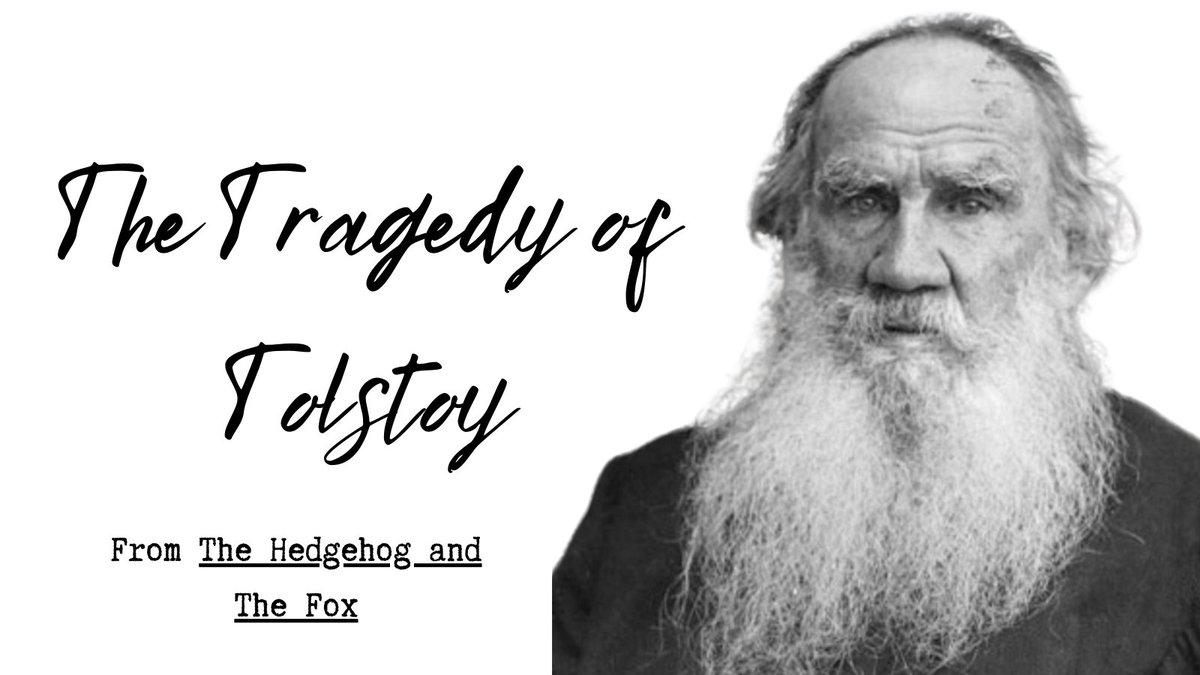
Russell Kirk wrote a brilliant essay: Can Virtue Be Taught?
His answer: It's complicated.
Classically, virtue meant something different than what we mean today.
Here's why it's harder to teach virtue than most presume👇
His answer: It's complicated.
Classically, virtue meant something different than what we mean today.
Here's why it's harder to teach virtue than most presume👇
Whether or not virtue can be taught depends on how we define it
If by virtue we mean an "amorphous humanitarianism" taught through intellectual study, then yes, virtue can be taught
But the ancients defined virtue in much more concrete and expansive ways
If by virtue we mean an "amorphous humanitarianism" taught through intellectual study, then yes, virtue can be taught
But the ancients defined virtue in much more concrete and expansive ways
Kirk writes:
"In its classical signification, 'virtue' means the power of anything to accomplish its specific function; a property capable of producing certain effects; strength, force, potency.
Thus one refers to the 'deadly virtue' of the hemlock."
"In its classical signification, 'virtue' means the power of anything to accomplish its specific function; a property capable of producing certain effects; strength, force, potency.
Thus one refers to the 'deadly virtue' of the hemlock."
Virtue also implied charisma and the ability to lead people
A virtuous person was "a being of energy and force" who stood above his or her fellow citizens
This inegalitarian definition sits uneasy with our modern conscience
A virtuous person was "a being of energy and force" who stood above his or her fellow citizens
This inegalitarian definition sits uneasy with our modern conscience
Socrates and Aristophanes had a famous argument about whether virtue can be taught
Socrates considered virtue to be fundamentally the same as wisdom, or knowledge, and hence teachable
To Aristophanes this idea was a "a dangerous absurdity."
Socrates considered virtue to be fundamentally the same as wisdom, or knowledge, and hence teachable
To Aristophanes this idea was a "a dangerous absurdity."
Aristophanes believed, and Kirk agrees, that "virtue arises easily, if mysteriously, among families."
This is because virtue is absorbed through osmosis, and requires long exposure to virtuous individuals
It's not teachable like the facts of the solar system are teachable
This is because virtue is absorbed through osmosis, and requires long exposure to virtuous individuals
It's not teachable like the facts of the solar system are teachable
Instead, we need virtue "arising from habit and affection" rather than just ideas
Habit embodies virtue into behavior and history
This is virtue as repeat actions that stay alive through generations
Affection joins virtue with emotion, putting flesh "upon virtue’s dry bones"
Habit embodies virtue into behavior and history
This is virtue as repeat actions that stay alive through generations
Affection joins virtue with emotion, putting flesh "upon virtue’s dry bones"
Book recommendation
Kirk recommends that people read ancient writers like Cicero, Virgil, and Plutarch to get a better understanding of virtue
Plutarch's Lives, full of biographical accounts of great men of his time, is a good place to start.
Kirk recommends that people read ancient writers like Cicero, Virgil, and Plutarch to get a better understanding of virtue
Plutarch's Lives, full of biographical accounts of great men of his time, is a good place to start.
Bottom line: We can't "remove the organ and demand the function."
Virtue is more than knowledge, and hence not learnable in the common sense of the term
Virtue is a synthesis of values and behavior; it arises out of habit, affection, and great examples.
Virtue is more than knowledge, and hence not learnable in the common sense of the term
Virtue is a synthesis of values and behavior; it arises out of habit, affection, and great examples.
Thanks for reading!
In a different piece I share ideas from Kirk's essay "Towards a prudent foreign policy."
Interesting to read this after Afghanistan.
Top insights👇
memod.com/jashdholani/th…
In a different piece I share ideas from Kirk's essay "Towards a prudent foreign policy."
Interesting to read this after Afghanistan.
Top insights👇
memod.com/jashdholani/th…
More Kirk
- Two types of intellects
- On family
- Why the conservative doesn't believe in outsourcing his duties👇
memod.com/jashdholani/ru…
- Two types of intellects
- On family
- Why the conservative doesn't believe in outsourcing his duties👇
memod.com/jashdholani/ru…
RT the first tweet to share Kirk's insights on virtue with your TL👇
https://twitter.com/oldbooksguy/status/1453068230512185346?s=20
• • •
Missing some Tweet in this thread? You can try to
force a refresh






